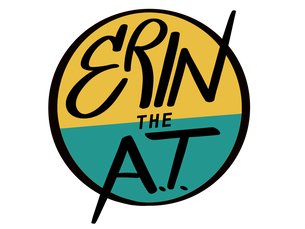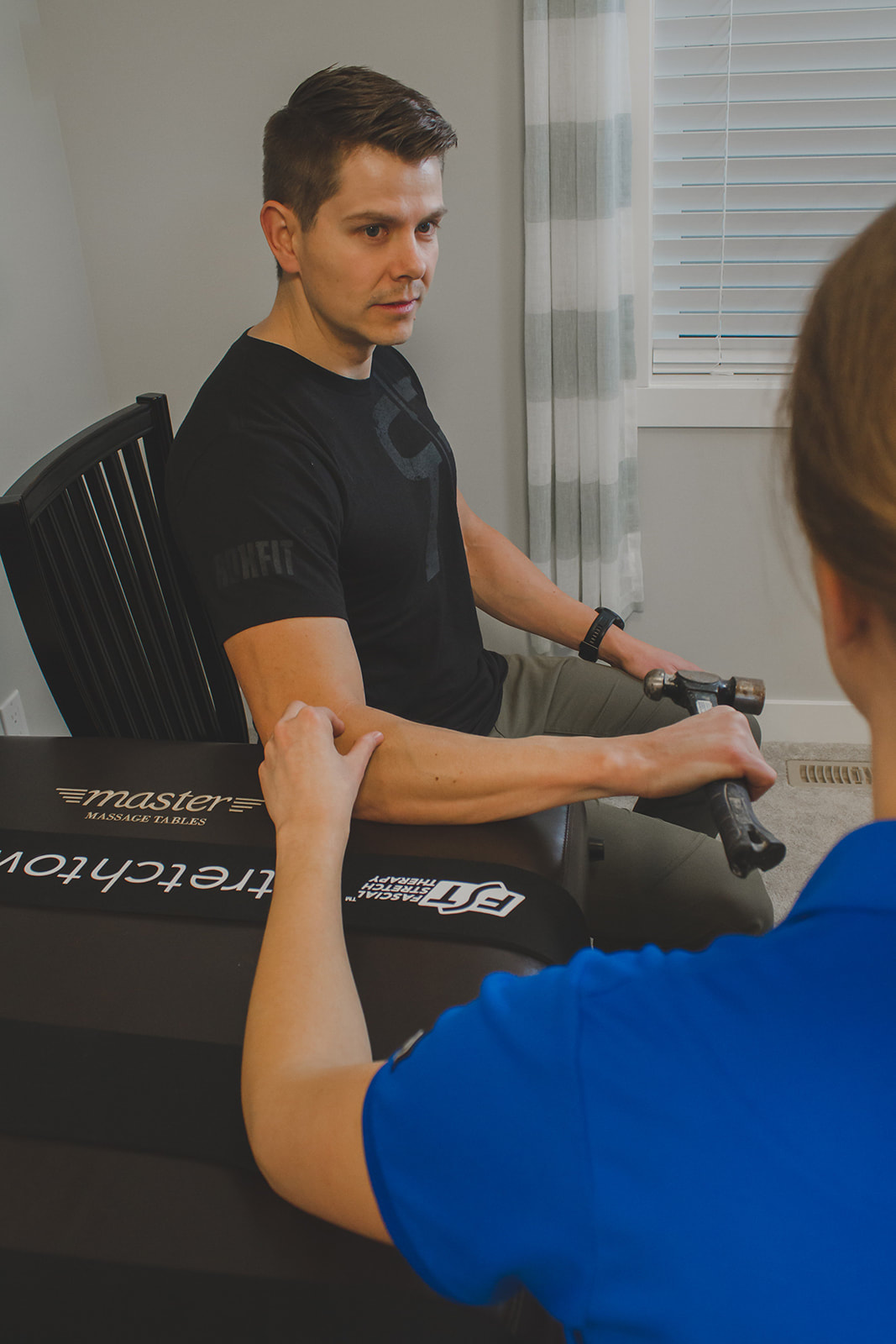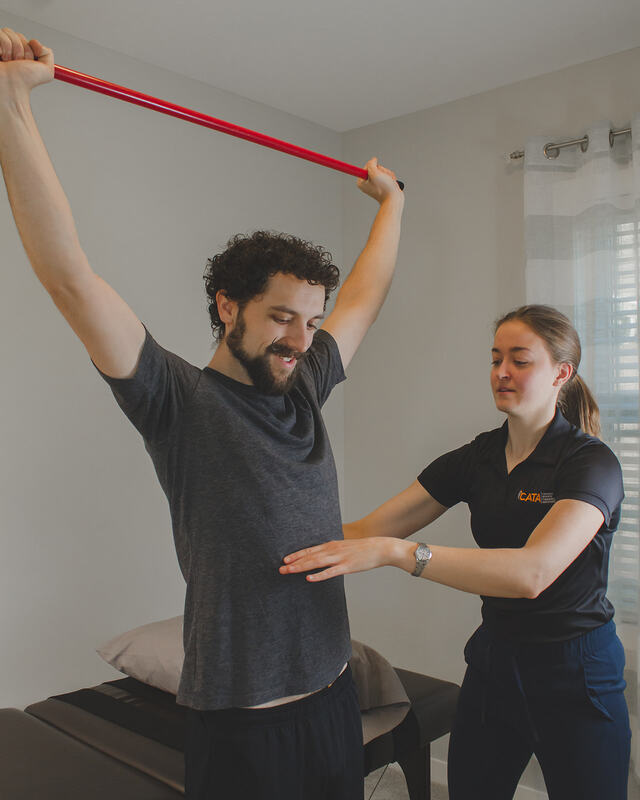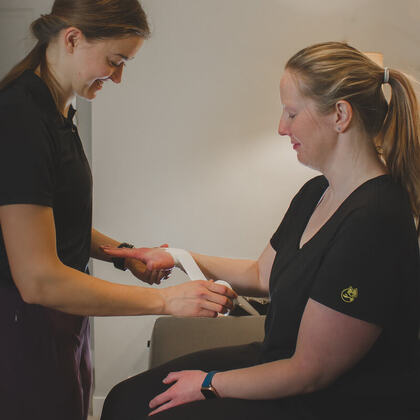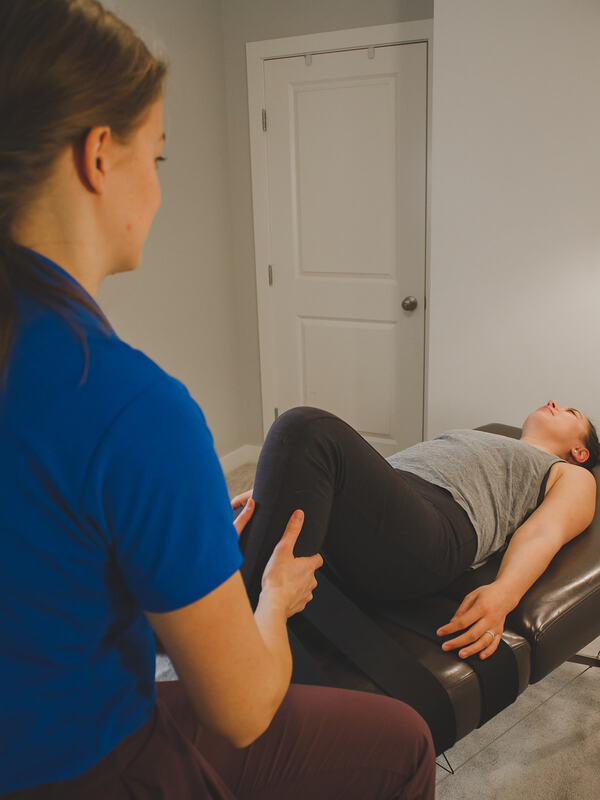Is Athletic Therapy only meant for athletes? |
|
I can answer this with another question. How do you define an "athlete?"
If you described someone as being "athletic" you would probably be imagining someone who is physically fit, and proficient at physically taxing activities. The real question is does "athletic" always have to be attached to a sport? You could be a farmer, hairdresser, world traveler...etc. and still meet this criteria. |
Athletic Therapists are trained to fully understand what "athletic" demands are being placed on your body on a day to day basis. Athletic Therapists are also very good at understanding how your "sport" works because we spend so much time observing them from a sideline perspective. We really try to get in your shoes and see what you go through.
Being physically active is a "sport" and also a necessity of life. Everyone is an "athlete" in their own way, and for their own reasons. AT's help active individuals get back to active things, no matter where that falls on the spectrum of life-athlete to pro-athlete. We are in the business of helping all walks of life to be lifelong athletes in a way that is uniquely meaningful. |
